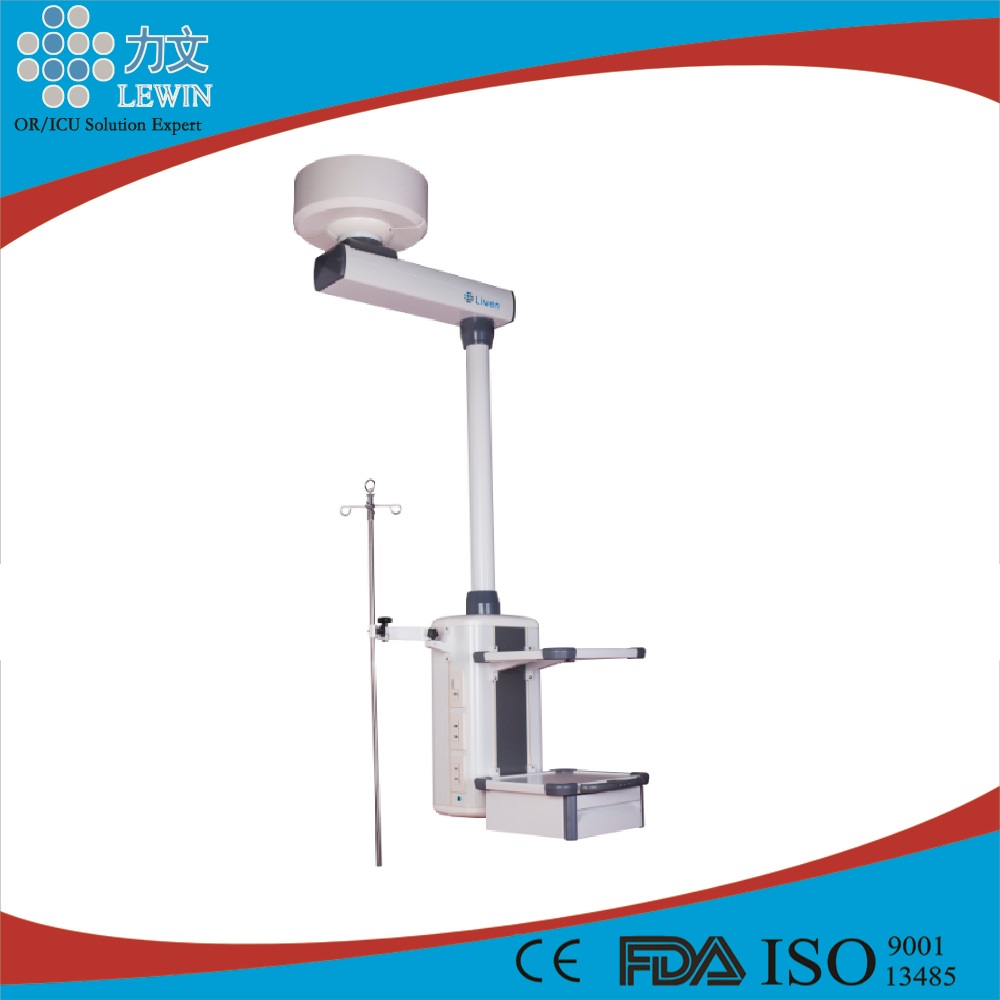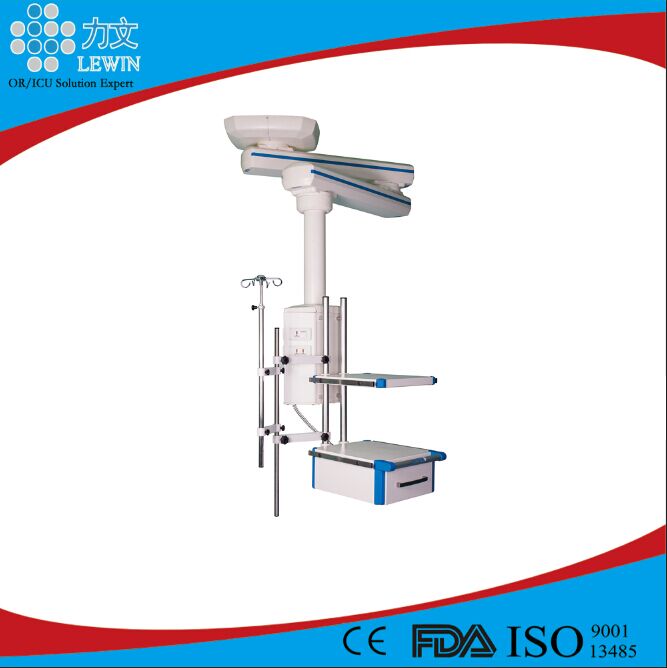1. It is not suitable to apply ammonium sulfate and ammonium bicarbonate is prohibited. Ammonium sulfate is a physiological acid fertilizer that, after application, increases the acidity of the soil and destroys the soil structure. After the application of ammonium bicarbonate will volatilize a large amount of ammonia, unfavorable for the growth of vegetables. 2. Do not apply more diammonium phosphate. Vegetables need a lot of nitrogen and potassium, phosphorus demand is less (such as the ratio of NPK required for eggplant is 3:1:4, cucumber is 3:1:10, tomato is 6:1:12), so greenhouses It is not appropriate to use more diammonium phosphate. In addition, it should be noted that diammonium phosphate can not be mixed with alkaline fertilizers such as grass ash, so as to avoid ammonia gas and ammonia damage. 3. It is not appropriate to use large amounts of cooked cake fat. Because the ratio of carbon to nitrogen in the cakes is small, the decomposition is fast, and high temperatures and high concentrations of ammonia and organic acids are easily generated locally, and roots are easily burned. 4. It is not appropriate to apply chlorine-containing fertilizers in greenhouses. Chloride ions can reduce the starch and sugar content of vegetables, and reduce the yield of vegetables. Moreover, chloride ions remain in the soil and can lead to acidification of the soil, which can easily cause decalcification of the soil and cause soil compaction. 5. It is not appropriate to disperse phosphate fertilizers in greenhouses. Phosphorus is easily absorbed by the soil and loses its effectiveness. Phosphate fertilizers are therefore suitable as basal fertilizers or are concentrated in root-dense soil layers in the early stages of vegetables. 6. It is not appropriate to fertilize the greenhouse under drought conditions. Vegetables are hi-water crops. Fertilizing when the soil is dry, not only can the fertilizer effect not be fully exerted, but also the concentration of soil solution can suddenly increase and roots can be easily burned. Therefore, the fertilization of vegetables should be combined with irrigation, fertilization should be carried out, and the fertilizer should be irrigated afterwards, or the fertilizer should be applied along the water. 7. It is not appropriate to apply rare earth fertilizer directly. Do not apply Rare Earth Fertilizer directly to soil in vegetable greenhouses in winter. Can be used 0.05% ~ 0.07% of rare earth fertilizer solution sprayed on the leaves of vegetables, spraying 50-60 kg per acre solution. 8. It is not appropriate to apply iron fertilizer into the soil. Because iron is easily converted into insoluble compounds by soil and loses its fertility, and iron is not easily flowed on the leaves, foliar spray should be used. 0.1% to 0.3% of ferrous sulfate solution can be sprayed evenly on vegetables. Leaf surface. In addition, vegetables generally require more potassium before and after flowering, and then gradually decrease. And should not apply more zinc fertilizer, vegetables zinc deficiency can be sprayed on the foliar 0.05% ~ 0.2% zinc sulfate solution.
Increasing complexity of operation theater/ICU equipment requires Medical Pendant more expansibility, reliable, convenience. Lewin series medical pendant combined LEWIN abundant operation room/ICU equipment produce and integrate experience, the design follows human body enginerring principle; The ceiling pendnat function fits doctor and patient's actual using demands, pay attention to convenient actual operation, can meet different environment demands, has highly cost-effective;


Creport5000 Series Medical Pendant
Medical Pendant,Surgical Pendant,Hospital Pendant,Cavascope Pendant
Shandong Lewin Medical Equipment Co., Ltd. , https://www.lewinmed.com
